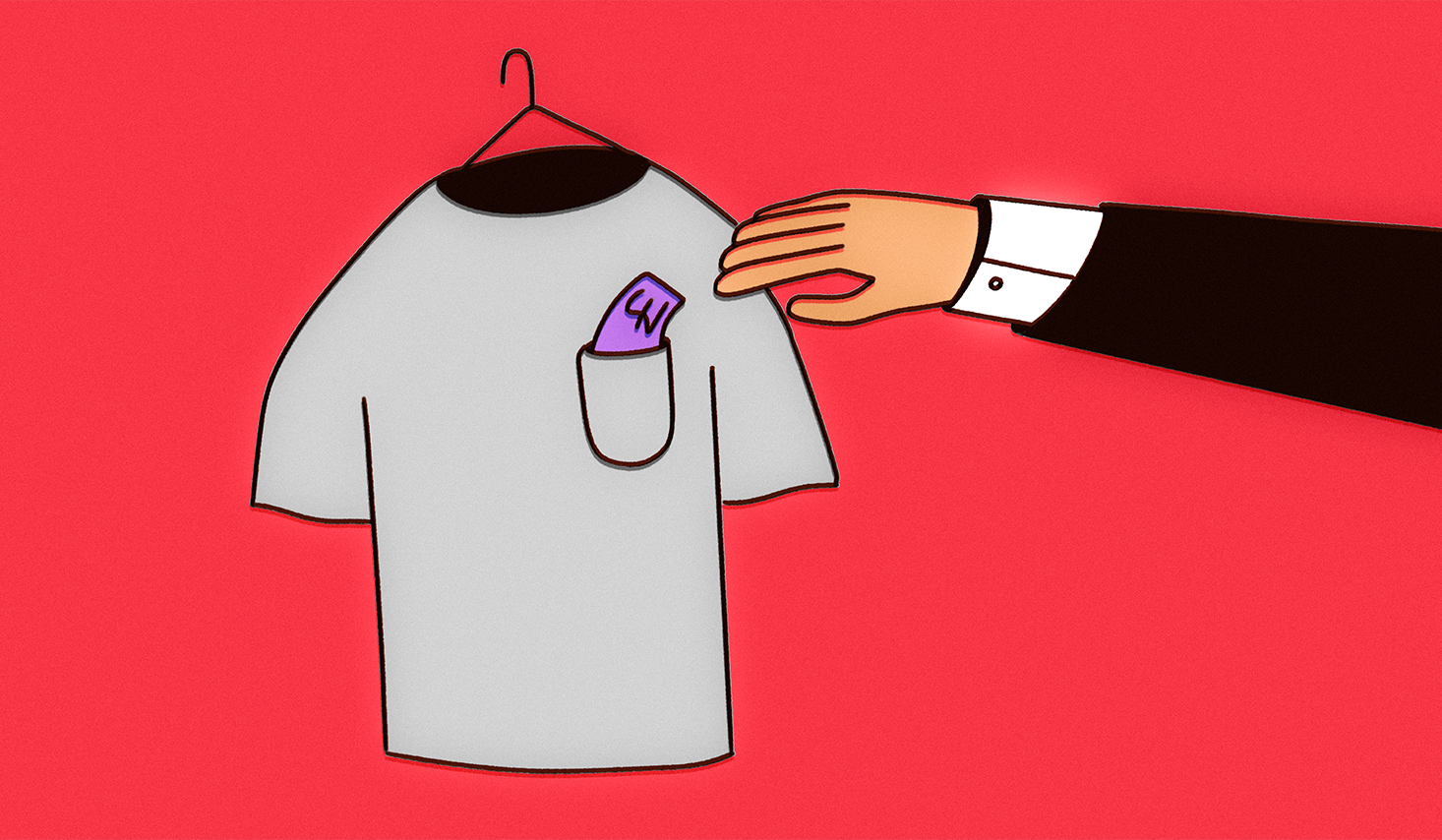
The list of people the government will crack down on tax evasion for before the rich just got longer. Under new rules, digital selling platforms such as Vinted, Depop, eBay, and Airbnb will have to share data about sellers with HM Revenue & Customs (HMRC). This includes how many sales have been made as well as how much money sellers are generating.
As it was to be expected the news sparked vast discourse online, with many an X (formerly Twitter) user voicing very valid concerns about whether these are really the people we need to be focusing on and not, say, billionaires who avoid tax. But to what extent will these rules affect normal people selling the occasional outfit or old piece of furniture?
What is the “side hustle tax”?
From 1 January 2024 digital second income apps, which include Depop, eBay, Vinted, Etsy, Airbnb, Deliveroo and Uber, will have to collect and share data with HMRC.
The government was already able to access data from these platforms upon request, but now that it has joined the Organisation for Economic Co-operation and Development (OECD) companies will be required to report it.
This data will help the government determine whether you’re paying the right amount of tax. But do the Depop girlies need to worry? Not necessarily. This won’t affect you unless you’re making a significant amount of money every year. Still, there are things you need to know to make sure you don’t get done for tax avoidance.
Anyone who earns under £1,000 from a side hustle does not need to declare it or pay tax on it. So the odds are if you’re selling the odd pair of jeans here and there, this won’t affect you. What the government is trying to do is ensure that those who actively trade as shops on Vinted aren’t avoiding tax.
That’s why these platforms will only share data from really active sellers with HMRC – those making over €2,000 (around £1,700) a year or over 30 sales. They’ll first report the data at the end of January 2025.
Regardless, if you make less than £1,700 but over £1,000, you should file your self assessment tax return anyway. It’s not a “double tax”, you’ll still get taxed the standard amount depending on your income.
What do the depop girlies think about this whole thing?
Adam Jay, chief executive at Vinted, told the BBC the changes are likely to only impact “quite a small proportion of users” on the platform. But still, understandably, sellers are concerned – and not just about the tax implications. There’s also a real sense that this isn’t who the government should be focusing on.
Daisy Culleton, who averages between £200 to £400 selling clothes on Vinted, worries that sellers will push prices for second hand clothes up to accommodate for potentially being taxed. “I think this is such a shame as second hand shopping should be accessible for everyone and anyone,” Daisy says.
“My greatest concern relates to environmentalism and sustainability,” she adds. “Through apps such as Vinted we are increasing the life span of thousands of garments every day, so it would be horrible to see this chapter in sustainable fashion come to a close so quickly all because of greedy taxation.”
“Of course regulations can be necessary, especially on those sellers who are evading significant amounts of tax, but those individuals will be few and far between on platforms like Vinted,” says Oshani Fallows, who regularly sells clothes on the platform. “Particularly when you compare them to the millionaires and billionaires famed for tax evasion at the top of these fashion conglomerates.”
“Ultimately there’s a real sense that the wrong people are being targeted and actually the knock on implication that can have on slow fashion is seriously significant,” she adds. “I’ll definitely be thinking twice about what I should sell and the price point at which I do so.”
So what if I do make over £1,000?
If your side hustle evolved from selling the odd top here and there into a fully fledged business and you’re making over £1,000, you’ll need to file for self assessment.
There is no sugarcoating it – filing your self assessment tax return is a long, laborious process. If you are not numerically inclined, I would highly recommend getting an accountant. If you want to brave it yourself, make sure you don’t miss the deadline (January 31st) and that you’re meticulously combing through your earnings and reporting even platform fees to make sure you don’t overpay or underpay.



